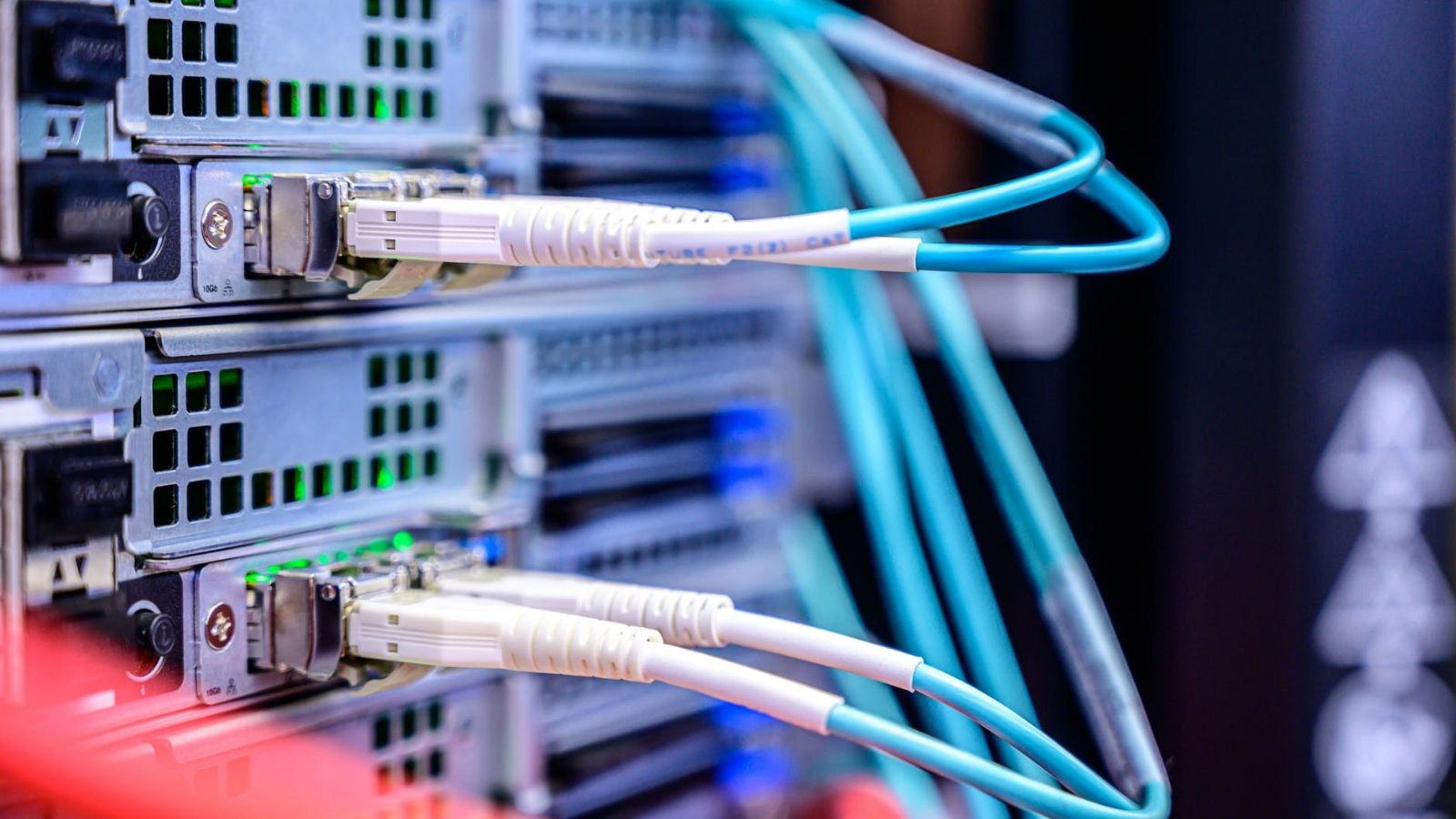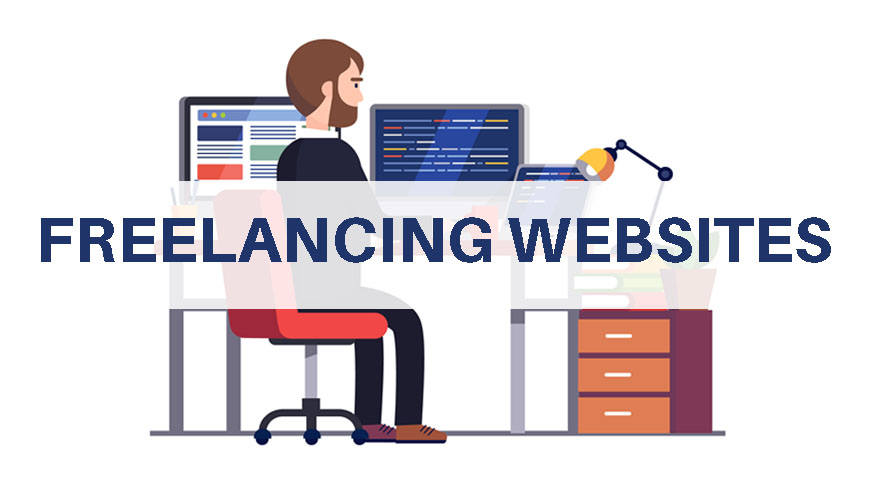The Difference Between VPN Software and VPN Hardware

There is a lot of discussion going around about the difference between VPN software and VPN hardware. The truth of the matter is that both of these can be used for VPN, but the only one that can provide the level of protection and security you need. While the term “software” may sound better than the more obvious “hardware,” the fact is that both of these are really just different names for the same program or tool. Here’s what you need to know about them.
Both of these programs offer tunneling techniques that will allow you to access sites that are restricted from others. You have the ability to choose whether or not to use a public network, a private network, or a remote connection, as well as the ability to create passwords and keys. The main difference between these two types of security is that while some people want absolute security when using the Internet, some don’t want to take chances.
Because it’s so easy and simple to use, it’s no surprise that more people are turning to VPN. A VPN software program will allow you to bypass limitations and restrictions on the public Internet. It will allow you to remain anonymous and prevent others from monitoring your every activity. This means that you can browse the Internet without worrying about getting caught or harassed by someone else. In addition, if you need absolute security, you may consider buying some VPN hardware so you can ensure that you always have the security you need.
VPN Software
VPN Software, also known as Virtual Private Networking Software, is a program designed to create a secure tunneling connection between two computer networks. A virtual private network connects a private local network via a virtual network adapter and allows users to access resources over a publicly available or shared network. VPN Software is used for connecting to a VPN and for remote connectivity. In other words, VPN Software is a program that lets you connect to a remote computer system instead of a particular Internet connection such as a Wi-Fi hotspot or a local cable modem connection.
By utilizing a VPN server, a user is able to secure their Internet connection by encrypting their data traffic prior to transmission. A VPN Software program will typically manage the entire connection process, including secure VPN configuration, application installation, firewall rules, and other security aspects. The encrypted data traffic is then passed on to a client system through an IP address. This ensures that the information sent or received is only protected until the time it is received or sent again, which is usually by the end-user.
Security is crucial for both enterprise and consumer VPN solutions. A VPN offers a cost-effective and convenient way for companies and individuals to secure their networks from a variety of sources and maintain the privacy of their data traffic. A VPN service allows for secure communication between a VPN subscriber and a remote site. By utilizing a VPN, an individual can prevent unauthorized access to his or her data, irrespective of where in the world that data may be transmitted. Through a secure VPN, an individual is provided a trustworthy remote server that is accessed via a secured gateway—the gateway assists in establishing a secure connection between the VPN subscriber’s computer and the remote location.
A VPN is very useful for organizations that require a secured VPN connectivity. Many businesses are concerned about the security of their networks and often choose not to implement VPNs due to a lack of understanding of how they work. An organization’s internal network, while it may be protected internally, is not always secure. VPNs allow an organization’s employees to establish a secure connection to the company’s VPN infrastructure. VPNs also allow an organization to test its employees’ internet usage, making sure that the Internet is not being exploited. This secures both the organization’s and its employees’ private data from being compromised.
There are many different varieties of VPN services available for consumers and businesses. Different types of VPN services include PPTP, L2TP/IPsec, L2TP/IPv6, Wi-Fi Hotspot, and others. Each VPN software provider offers different features and capabilities to ensure that they best fit the needs of their clients. It should be noted that while most of the PPTP networks have been compromised due to cyberattacks, there are still a few that are functioning normally.
The VPN technology is quite complex, which means that it comes with a number of different protocols. Most VPN software providers offer different types of protocols for users to choose from according to their preferences. The different protocols include L2TP/IPsec, PPTP, L2TP/IPsec, SSL, and Metaframe. When using a VPN to manage their traffic, most people will use one or two of these protocols. However, some business enterprises would like to implement all four protocols. This can be achieved by getting VPN services with different levels of authentication so that each user can have varying levels of access depending on the type of connection they have established.
VPN Hardware
What is VPN Hardware? How do they work? How do you set them up? These are just some of the questions that you might be interested in knowing. VPN is a way to protect your privacy and information while you’re online.
For those who aren’t familiar with what VPN is, it stands for virtual network or network. It works just like a dedicated private network; only you don’t have to share your network with the rest of the world. VPN hardware is separated into two major categories: software and hardware. Software VPN solution: Common examples of these are VPN clients, computers, mobile and portable devices.
Hardware VPN solution: Common examples of this would include routers, switches, and firewalls. The latter is the most important piece of hardware. It connects a computer to the Internet. As you connect more devices to the Internet at the same time, the congestion on the Internet can get increased. When a huge number of users connect at the same time, it results in a high-latency connection and a poor experience when browsing the Internet.
So, how does VPN hardware help in resolving these issues? The hardware in VPN devices acts as tunneling devices that let the user bypass all sorts of barriers that might come their way, especially when the Internet is congested. This is what allows users to connect to different servers, even from different locations. Having a VPN allows small businesses to connect to other offices in different parts of the world, even if they’re physically located in different places. Both small businesses use VPN and large corporations to secure their networks as well as to prevent unauthorized access to data from the Internet. For small businesses, this is a very affordable option, especially when they have limited IT resources.
Software VPN hardware: In addition to this, there are also other types of VPN hardware options. Such an example includes a software-based remote access device that allows the user to use the Internet without being connected to the physical network. The advantage of such a device is that they allow the user to access the Internet using a remote browser. There are also simpler VPNs that are configured using the software.
Clients connected to the same VPN do not necessarily need to know the specifics of the configuration of each component. The important thing to consider here is the security features of the VPN server. Some VPNs use advanced encryption protocols to ensure privacy and integrity of all transmitted and received data, while others use standard protocols for lower-level security. It’s up to you to choose the one that best suits your needs and requirements.
| VPN software | VPN hardware |
| $2.50-$9.00 per month per account | $50-$1,000 one-time expense |
| Easy, fast and intuitive setup | Setup requires technical considerations |
| Remote access requires technical considerations | Easy, fast and intuitive remote access |
| High security | High security |
| Geoblocking bypass | No Geoblocking bypass |



